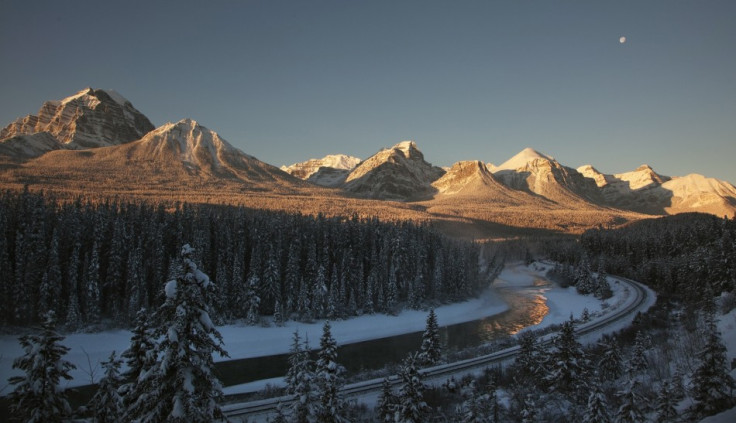Banks Attempt to Put a Price on Nature

Banks are attempting to put a price on 'natural capital' such as clean air and unpolluted water in an effort to assess the cost of environmental damage done by companies and deny them credit.
The 43 institutions, including the International Finance Corporation, the private arm of the World Bank, want companies to reveal their dependence on natural capital and the damage they do to it in their annual statements.
The move follows the UN Conference on Sustainable Development in 2012, better known as Rio+20, in which a group of 39 banks signed a Natural Capital Declaration.
It defined natural capital as: "the Earth's natural assets (soil, air, water, flora and fauna), and the ecosystem services resulting from them, which make human life possible".
It said that goods such as food, clean air, water and fibre, which depended on natural capital and the services that flow from them were worth trillions and were vital for economic growth, but no effort had been made to adequately value them or assess the cost of damaging them in economic terms.
"Despite being fundamental to our wellbeing, their daily use remains almost undetected within our economic system. Using natural capital in this way is not sustainable", the declaration says.
Researchers recently calculated that the annual value of the Canadian Boreal Forest as a carbon dioxide storer was US$93.2 billion (£60bn), US$2.5bn more than the value of goods gained through extracting forest resources.
The group wants companies that fail to declare their reliance on natural capital and the cost of their damage to it to be punished by legislators, and companies that can show in their statements that their activities protect it to be offered tax breaks.
"At the moment overuse of natural capital is not seen as a business risk, because everyone believes they can get out before the resources run out and the crash occurs. We are hoping to change that attitude and get companies to pay a price for overuse of natural capital," said Liesel Van Ast, who is heading the team tasked with putting a value on nature.
The Natural Capital declaration has until 2020 to frame its proposals and have them accepted by the governments that have signed the UN Framework on Climate Change.
© Copyright IBTimes 2025. All rights reserved.






















